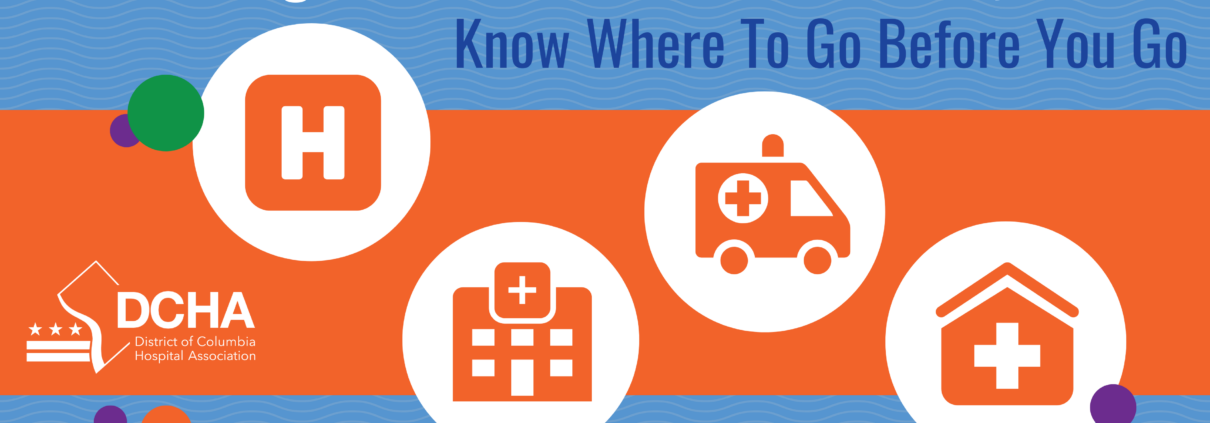
La DCHA Program Services Company, Inc, il braccio senza scopo di lucro della District of Columbia Hospital Association, ha premiato il suo secondo vincitore del concorso di cucina Healthy Hospital Initiative, riconoscendo squadre e individui eccezionali per i loro piatti migliori e salutari.
"Siamo così lieti di riconoscere e celebrare gli individui e i team per aver lavorato per rendere il cibo ospedaliero sano e delizioso per i pazienti, il personale e la comunità", ha affermato Jacqueline D. Bowens, Presidente e CEO della DCHA, "Questi ospedali e chef preparavano piatti appetitosi dimostrando che la salubrità è possibile sia che tu stia cucinando per uno o per 100.

I premi del concorso di cucina Healthy Hospital Initiative 2022 sono stati assegnati ai seguenti ospedali e individui:
Psychiatric Institute of Washington: vincitore assoluto
Istituto psichiatrico di Washington: miglior contorno
Il George Washington University Hospital: il miglior antipasto
MedStar National Rehabilitation Hospital: il miglior dessert
Tutti i piatti utilizzavano i mirtilli, l'ingrediente segreto, per rendere i loro piatti unici, creativi e sfiziosi. I vincitori sono stati premiati con trofei e, soprattutto, hanno il diritto di vantarsi su quale ospedale ha il cibo più delizioso.
La Healthy Hospital Initiative è una partnership tra la DCHA Program Services Company, Inc. e DC Health per ridurre la disponibilità e il consumo di bevande zuccherate e l'assunzione di sodio e per promuovere scelte più sane negli ospedali distrettuali.





